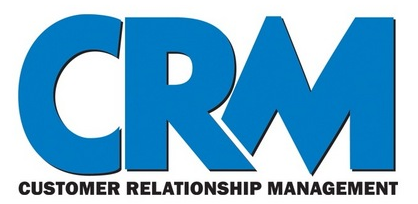Here are some points to consider while evaluating a new CRM system whether you are implementing one from scratch or chaining your existing one.
- Annual Pricing: This is the most important value that will have a direct influence on the ROI of this initiative. Make sure you defined the exact number of users who will use the CRM.
- Timing the Implementation: Pay attention to this tricky aspect because the implementation of the CRM may require third-party help. That’s why contact with the vendor and figure out the approximate time of this process, and include the office policies, busy seasons, etc. The job is done only when the team actually uses the new CRM.
- User Adoption: In CRM evaluation give a major role to the user adoption, the new CRM should minimize the complexity and iterate the processes on all levels.
- Accessibility: The fast-paced business world demands the quick actions and solutions. So, the mobility and accessibility become increasingly important.
- Integration: When building a business, companies use far more solutions than just a CRM platform. Make sure that your new CRM enables the integration options with other services you have already successfully apply (i.e. email, document storage, marketing automation, business intelligence, call tracking, survey tools, etc.)
- Workflows & Insights: To change your problem-causing experience, select the CRM vendor that provides visibility to processes, sales funnel analysis, forecasting capabilities and deal volume.
- Scalability: Apart from robust decision-making, don’t forget about evaluating CRM from the strategic and goal-oriented approach. Check out the scalability of each option in accordance to: Permissions setting if the team will grow, Geolocation for visualizing the position of the customers to deliver the timely offers, Cost of growth – figure out how the platform may scale as your company evolves.
- Customization: Anticipating change, discover what customization capabilities are possible. These requirements are quite specific, but there are also a set of common areas that need customization: sales funnel stages, records filtering and data sorting options etc..
- After-sales Support: Since learning is a high-energy process, people prefer to see information in small pieces even if it takes more clicks to get it. Maximize the success by enabling your team with proper tutorials, so involve into CRM evaluation the point to check: references for users, online support, tutorials and helpful training guides.






